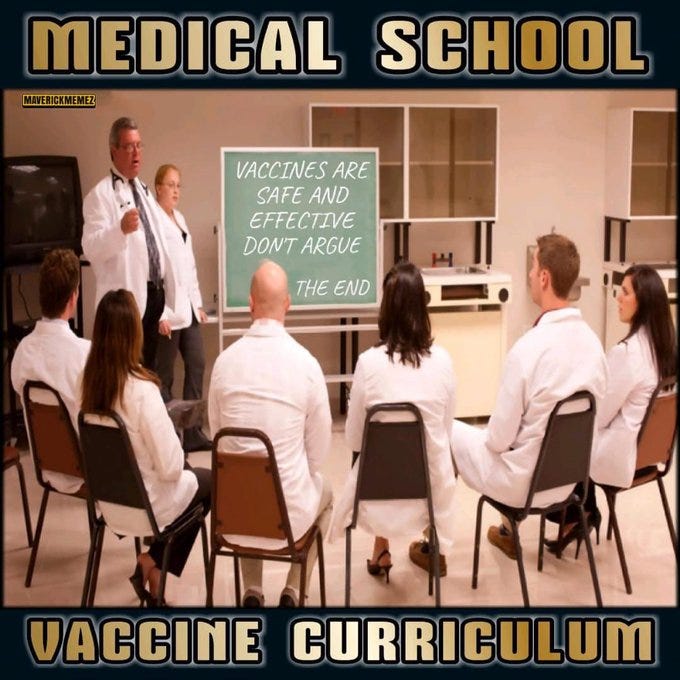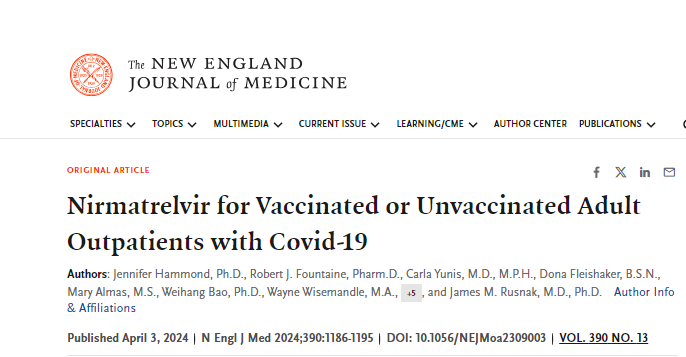NEWS
24 June 2023
Decades-long bet on consciousness ends — and it’s philosopher 1, neuroscientist 0Christof Koch wagered David Chalmers 25 years ago that researchers would learn how the brain achieves consciousness by now. But the quest continues.
A 25-year science wager has come to an end. In 1998, neuroscientist Christof Koch bet philosopher David Chalmers that the mechanism by which the brain’s neurons produce consciousness would be discovered by 2023. Both scientists agreed publicly on 23 June, at the annual meeting of the Association for the Scientific Study of Consciousness (ASSC) in New York City, that it is an ongoing quest — and declared Chalmers the winner.
What ultimately helped to settle the bet was a study testing two leading hypotheses about the neural basis of consciousness, whose findings were unveiled at the conference.
“It was always a relatively good bet for me and a bold bet for Christof,” says Chalmers, who is now co-director of the Center for Mind, Brain and Consciousness at New York University. But he also says this isn’t the end of the story, and that an answer will come eventually: “There’s been a lot of progress in the field.”
The great wagerConsciousness is everything that a person experiences — what they taste, hear, feel and more. It is what gives meaning and value to our lives, Chalmers says.
Despite a vast effort, researchers still don’t understand how our brains produce it, however. “It started off as a very big philosophical mystery,” Chalmers adds. “But over the years, it’s gradually been transmuting into, if not a ‘scientific’ mystery, at least one that we can get a partial grip on scientifically.”
Koch, who holds the title of meritorious investigator at the Allen Institute for Brain Science in Seattle, Washington, began his search for the neural footprints of consciousness in the 1980s. Since then, he has been invested in identifying “the bits and pieces of the brain that are really essential — really necessary to ultimately generate a feeling of seeing or hearing or wanting”, as he puts it.
At the time Koch proposed the bet, certain technological advancements made him optimistic about solving the mystery sooner rather than later. Functional magnetic resonance imaging (fMRI), which measures small changes in blood flow that occur with brain activity, was taking laboratories by storm. And optogenetics — which allowed scientists to stimulate specific sets of neurons in the brains of animals such as nonhuman primates — had come on the scene. Koch was a young assistant professor at the California Institute of Technology in Pasadena at the time. “I was very taken by all these techniques,” he says. “I thought: 25 years from now? No problem.”
Adversarial collaboration
For many years, the bet was mostly forgotten. Then, a few years ago, it was resurfaced by Per Snaprud, a science journalist based in Stockholm who had interviewed Chalmers back in 1998. His recording of the chat reminded Chalmers and Koch of the terms they had set in the wager — and of the case of wine that was at stake.
Around that time, both researchers had become involved in a large project supported by the Templeton World Charity Foundation, based in Nassau, the Bahamas, that aimed to accelerate research on consciousness.
The goal was to set up a series of ‘adversarial’ experiments to test various hypotheses of consciousness by getting rival researchers to collaborate on the studies’ design. “If their predictions didn’t come true, this would be a serious challenge for their theories,” Chalmers says.
The findings from one of the experiments — which involved several researchers, including Koch and Chalmers — were revealed on Friday at the ASSC meeting.
It tested two of the leading hypotheses: integrated information theory (IIT) and global network workspace theory (GNWT). IIT proposes that consciousness is a ‘structure’ in the brain formed by a specific type of neuronal connectivity that is active for as long as a certain experience, such as looking at an image, is occurring. This structure is thought to be found in the posterior cortex, at the back of the brain. GNWT, by contrast, suggests that consciousness arises when information is broadcast to areas of the brain through an interconnected network. The transmission, according to the theory, happens at the beginning and end of an experience and involves the prefrontal cortex, at the front of the brain.Six independent laboratories conducted the adversarial experiment, following a preregistered protocol and using various complementary methods to measure brain activity.
The results — which haven’t yet been peer reviewed — didn’t perfectly match either of the theories.“This tells us that both theories need to be revised,” says Lucia Melloni, a neuroscientist at the Max Planck Institute for Empirical Aesthetics in Frankfurt, Germany, and one of the researchers involved. But “the extent of that revision is slightly different for each theory”.
Unfulfilled predictions“With respect to IIT, what we observed is that, indeed, areas in the posterior cortex do contain information in a sustained manner,” Melloni says, adding that the finding seems to suggest that the ‘structure’ postulated by the theory is being observed.
But the researchers didn’t find evidence of sustained synchronization between areas of the brain, as had been predicted.In terms of GNWT, the researchers found that some aspects of consciousness, but not all of them, could be identified in the prefrontal cortex. Furthermore, the experiments found evidence of the broadcasting postulated by advocates of the theory, but only at the beginning of an experience — not also at the end, as had been predicted.
So GNWT fared a bit worse than IIT during the experiment. “But that doesn’t mean that IIT is true and GNWT isn’t,” Melloni says. What it means is that proponents need to rethink the mechanisms they proposed in light of the new evidence.
Other experiments are under way. As part of the Templeton foundation’s initiative, Koch is involved in a study testing IIT and GNWT in the brains of animal models. And Chalmers is working on another project evaluating two other hypotheses of consciousness.
It’s rare to have proponents of competing theories come together at the table and be open to having their predictions tested by independent researchers, Melloni says. “That took a lot of courage and trust from them.” She thinks that projects such as these are essential for the advancement of science.
As for the bet, Koch was reluctant to admit defeat but, the day before the ASSC session, he bought a case of fine Portuguese wine to honour his commitment. Would he consider another wager? “I’d double down,” he says. “Twenty-five years from now is realistic, because the techniques are getting better and, you know, I can’t wait much longer than 25 years, given my age.”
doi:
https://doi.org/10.1038/d41586-023-02120-8








